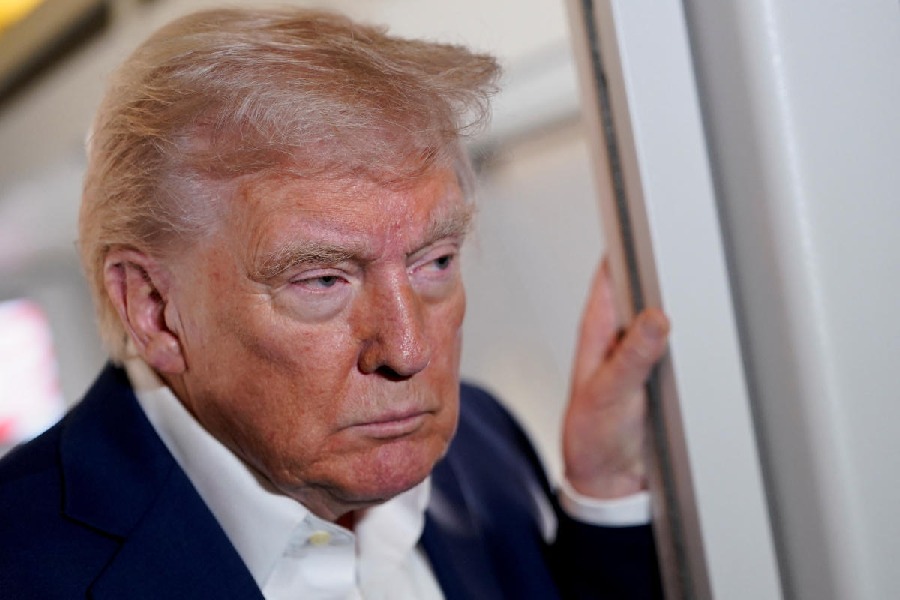The president of the United States of America has his eyes — and mind — trained on a single goal. It is to prevent a waste of federal funds by granting billions to universities which allegedly do not penalise anti-Semitism. So he is penalising these universities, including Columbia and Harvard, and setting the path they should tread in the future. It is, no doubt, good to have a president who looks to the future, but history might help in moderating present passions. The unique system of the American research university grew out of federal government funding, millions of dollars at first and billions later. Military paraphernalia — from radars to bombs were born in university research laboratories. The best-known is perhaps the Manhattan Project. The idea then was of a national supremacy, and the universities were the instruments of it with research funding. The symbiotic relationship allowed universities to attain the highest quality in research facilities, hire the best teachers with any number of Nobel laureates and attract the best students from all over the world. Meanwhile the government got what it wanted; its funds ensured that.
Military ware were not the only products. From medicines to cure the worst diseases to the means to explore space, from methods to produce the best crops to the most used search engine — the research laboratories produced everything. In science as in the social sciences, the strength and excellence of the universities could not be questioned. The fact that the higher education system in the US is decentralised with the states in charge of it helped, not hindered, the development of research and excellence, something that governments nearer home could note. In 1980, patent rights for federally funded research were transferred to the universities from the federal government. This gave a special fillip especially to work in biomedicine, computer science and engineering. The feeling of discomfort that was never totally absent about being beholden to Washington was a little neutralised. This was also a step in increasing the university’s autonomy in academic and research matters.
In spite of the disadvantage of the academia being dependent on politicians, the greater good that federal funding and its acceptance achieved was remarkable: excellence in learning on the one hand and national progress on the other. The US’s past system — past now with Donald Trump cancelling funding for one university after another — was exemplary in underlining how the government’s gain and the national good are intimately linked with excellence in learning and independent research. The government’s own interest in funding universities remained at one remove — it was not disinterested, neither was it coercive. What this manifested was breadth
of vision. Academics and researchers could work without external pressure but only with their own intellectual push to achieve the unprecedented. This is an example that could work in other democracies, not least in India, from where the best scholars and researchers tend to go overseas to work. Mr Trump’s example is not desirable.










